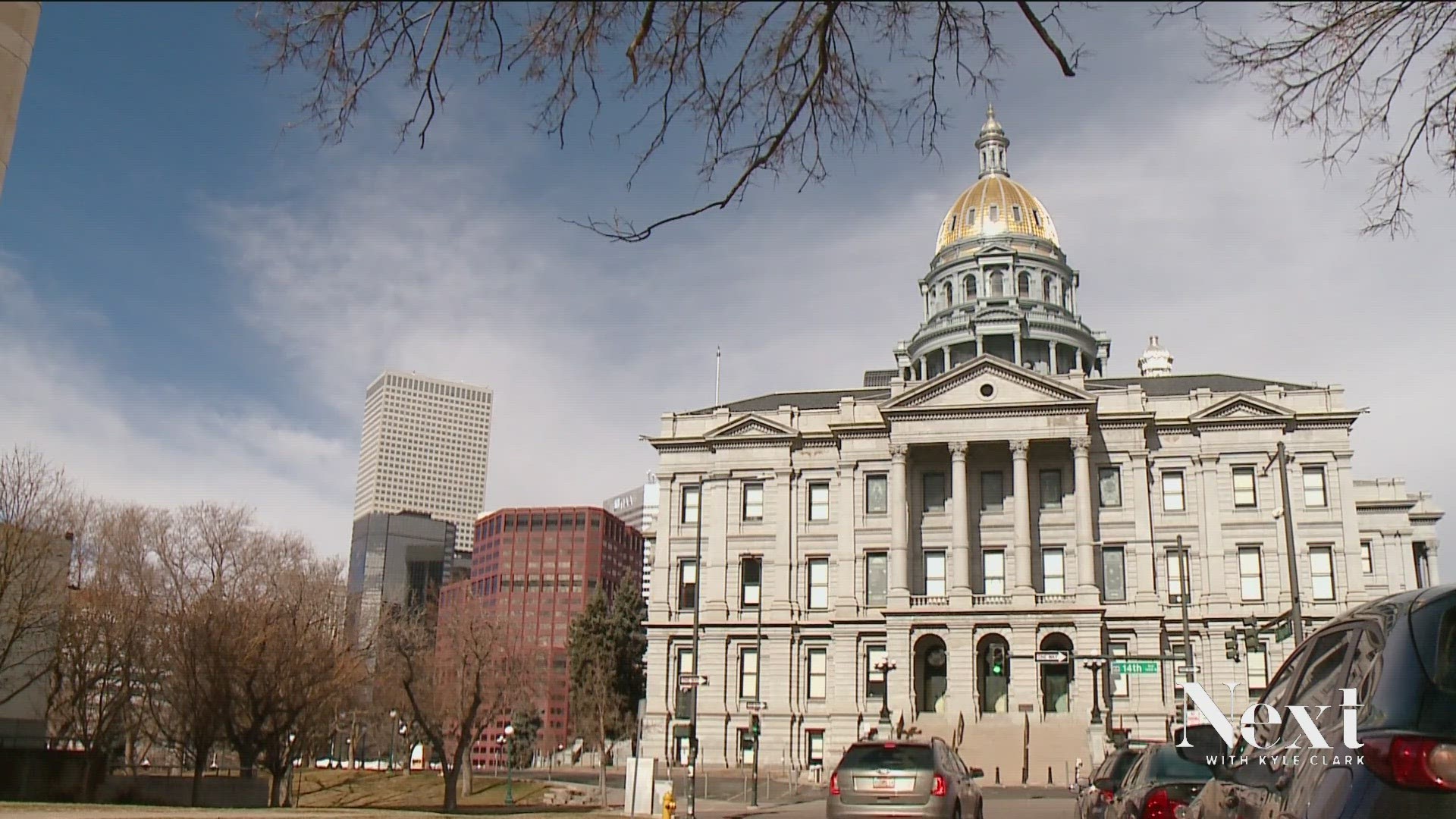DENVER — Three bills currently under consideration by Colorado lawmakers will make it easier for those transitioning or establishing their gender identity. One of the bills applies to convicted felons while the others apply to children:
- HB 1071 would make it easier for a person convicted of a felony to change their name. The felony conviction would still be attached the new name. A judge will still need to approve the request.
- HB 1039 would require public schools to use a student's preferred name. If a school refuses to use the student's preferred name it would be considered discrimination. If this bill passes, a task force would be created to navigate how best to implement it.
- HB 1017 would establish a bill of rights for foster children. One of the rights would give foster children the ability to express gender identity and sexual orientation without repercussion or retaliation.
All three bills would reduce deadnaming. Deadnaming is when someone is intentionally called by a name they have changed as part of their gender transition.
"So, if someone is being deadnamed consistently it means, 'I have no ability to determine the course of my life,'" Rev. Nicole Garcia, a licensed professional counselor in Colorado, said. As a transgender woman, Garcia understands the mental health effects deadnaming can have.
"It definitely leads and contributes to depression," she explained. "When you don’t call somebody by the name that chose them, the name that fits them, the name they want to be known by in the world, it is just disrespectful and taking away our humanity."
> Video below: Bill to help those struggling with deadnaming now on hold
Republican State Representative Matt Soper agrees no one should be deadnamed but does not agree with any of the bills. He worries of the implications the bills would have if they passed. He shared his concerns about HB1039 and HB1017.
"If an individual wants to have a name that could conform with their identity, who am I to judge?" he said via Zoom on Monday. "That’s a conversation that the child and the parents and the teacher should have. The child shouldn’t have the power to be able to waltz into school and say today I’m named A and then the next day I’m named B. That makes it very difficult for the teachers. Kids will definitely find a way to weaponize this against a teacher and against schools to where a teacher will be afraid to call a kid by any name, to tell you the truth."
All three bills are still under consideration. While they are different in so many ways, their goal seems to be the same.
"It's a matter of respect and love," Garcia said. "It doesn't matter if you're 13, 18, 27, or 67, our names are important."
More from Jaleesa Irizarry:
SUGGESTED VIDEOS: Next with Kyle Clark

